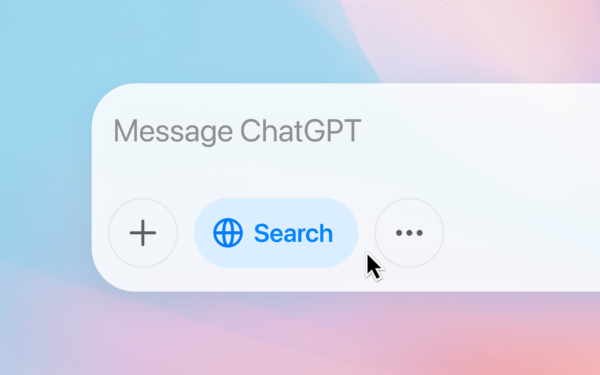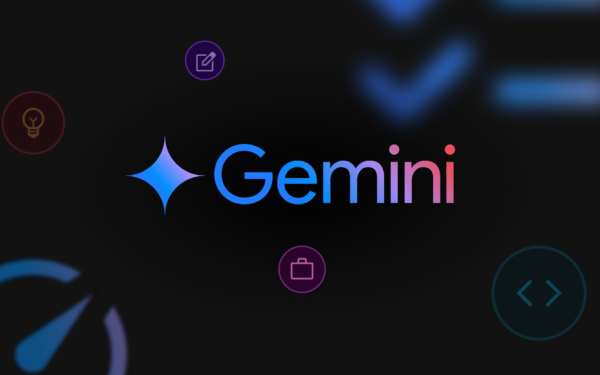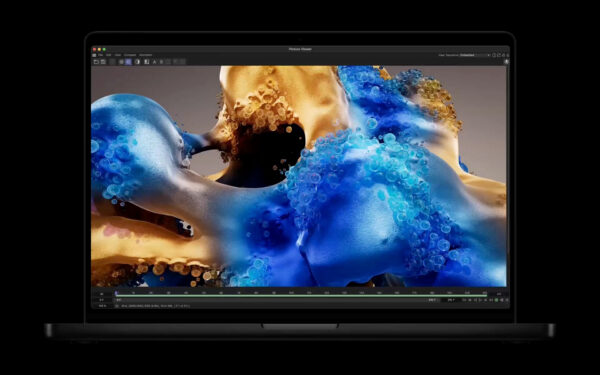Cortana is one of the more popular features of Windows 10 (and Windows Phone before it), offering up a feisty personal assistant to compete with Apple’s Siri and Google Now. As with most of its solutions, Microsoft has pushed Cortana to other platforms, including iOS and Android, as apps that offer only a subset of Cortana’s full capabilities. Cyanogen, however, the alternative Android platform, plans to integrate Cortana more deeply into its smartphone products, according to IBTimes (via WMPU).
This deeper integration offers an interesting spin on both Microsoft’s cross-platform efforts and Cyanogen’s blend of modified Android will full access to Google’s Play services. For Microsoft’s part, integrating Cortana more deeply into Cyanogen means that a Microsoft service can theoretically match the company’s own offerings on a competitive platform. For Cyanogen, this means that they can offer a unique capability that sets them apart from Android proper, even while they continue to provide the same apps and Google services.
Whether these are good things or not depends on your perspective. Does it hurt Windows 10 that Cortana can perform just as well on a platform like Cyanogen, or does it help by making Cortana more ubiquitous and thus eventually more intelligent and valuable as a digital assistant? After all, someone can use Windows 10 on the desktop while carrying around a Cyanogen smartphone, and while that does nothing for Windows 10 Mobile, it provides a solid combination for such a user and ultimately a win for Windows 10. At the same time, Cortana feeds on usage data, and so the more people using Cortana on an on-going basis, the better.
If this integration hurts anyone, it’s likely Google. Running Cortana as an app on Android (or iOS) is much less threatening to the core platform. Integrating Cortana into the OS itself means that Google loses some control and also some search traffic that would otherwise go to Google Now. And since Google is primarily in the advertising business, that’s bad news for them, albeit on a relatively small scale.
In any event, here’s Cyanogen’s Kirk McMaster talking about how more deeply integrating Cortana impacts their product:
“Natural language coupled with intelligence is very important but as an application it doesn’t rally [sic] work because you need to be embedded into the framework of the OS because that is where you get all the signal from the services that makes that intelligence smarter.”
According to McMaster, this means that, unlike when offered as a simple app, Cortana will be able to work with other apps to provide a level of intelligence that would otherwise be impossible:
“When Apple launched Apple Music at WWDC, they showed the Siri integration with Apple Music. Siri doesn’t power Spotify like that so we can do these kind of things with for example, integration of Microsoft’s Cortana into the OS enabling natural language to power Spotify and other services.”
Cyanogen likely doesn’t possess the market share to make too significant a dent in either Google’s business or Microsoft’s efforts to promote Windows 10 Mobile as a viable player. Cortana, however, benefits directly from the move, which serves as another feather in her cap and highlights just what’s possible with Microsoft’s natural language and machine intelligence backend.
Poking a stick in Google’s eye, as Cyanogen likes to do every now and then, is likely just a side benefit.




